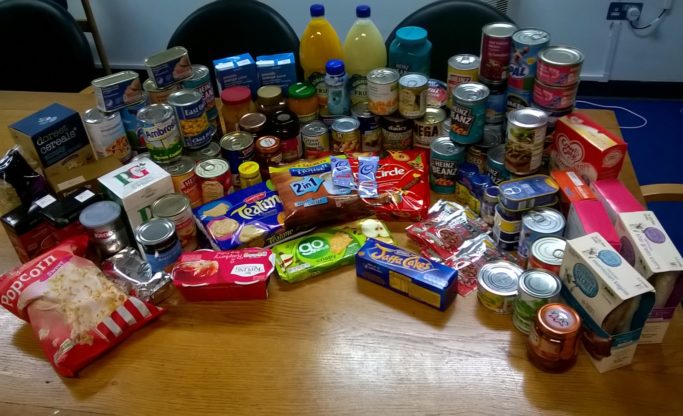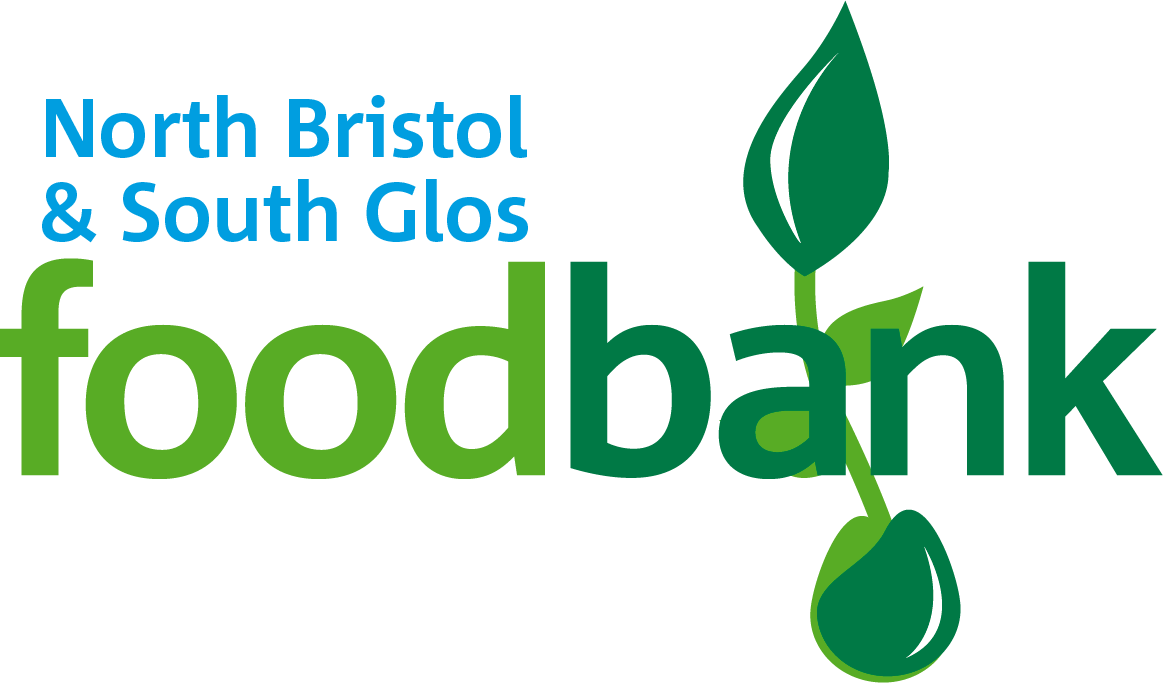
- 10,628 three day emergency food supplies given to local people in crisis from Bristol’s Trussell Trust foodbanks (North Bristol Foodbank, Bristol North West Foodbank and East Bristol Foodbank) in 2015-16
- Latest statistics published by Trussell Trust foodbank network show UK-wide foodbank figures for 2015-16 remain at record levels; national need is still not decreasing
- Early findings in new data analysis of Trussell Trust figures by University of Hull suggests foodbank use highest in areas where many people are unable to work due to illness or disability, are skilled manual workers, or are deprived
Over 10,628 three day emergency food supplies were provided to local people by Bristol foodbanks in the 2015/16 financial year, compared to 10,605 in 2014/15. Of this number, 4805 went to children.
At the Bristol foodbanks, the top three reasons for foodbank referral were: [eg benefit delay 21 %; benefit change 21%; low income 21%].
Over the last year, local people have donated 115 tonnes of food to Bristol foodbanks, and over 250 volunteered. Local schools, businesses and faith groups have provided vital support to the foodbank, enabling us to give three days’ nutritionally balanced food and support to people in crisis.
As well as providing emergency food, Bristol foodbanks provide essentials like washing powder, nappies and hygiene products to families who are struggling, as well as signposting them to other services in the local area including the local advice agencies (eg. North Bristol Advice Centre, Talking Money, Shelter, CAP Centres, etc). Many Trussell Trust foodbanks, including the Bristol foodbanks, are partnering with these agencies to provide additional services such as welfare advice, budgeting help and debt support at the foodbank itself, helping people to break out of crisis.
Stewart North, North Bristol Foodbank Manager, says:
“We are still seeing an increase in the number of three day emergency food supplies provided to local people in crisis – 3663 in the last year in just the North Bristol Foodbank alone. It is all too easy when you look at figures to forget the real people behind the statistics. Very often, our volunteers listen to stories from those referred to the foodbank that are heart-breaking to hear and have provide emotional support and encouragement, during really tough times. That’s why the foodbank is so vital. We are very grateful for the ongoing support of the community, and hope that one day there will be no need for us in Bristol. But until that day comes, we will continue to offer the best possible service to help local people facing a crisis.”
Foodbank Funding: There are running costs for the three Trussell Trust foodbanks in Bristol, all of which is raised locally to enable them to continue their work. Costs include warehouse space, to sort and stock donated food, a van to pick up donated food and deliver to distribution centres, and other overheads like utilities and insurances. The foodbank welcomes any new offers of help with funding – local businesses, organisations and individuals interested in supporting the foodbank’s work can contact a local Trussell Trust foodbank to find out more.
For the first time, The Trussell Trust has worked with data scientists, business model specialists and academics to create the UK’s first ever dynamic visualisation tool for crises leading to foodbank use, and to compare foodbank data with deprivation indices from the 2011 census and other open data. Early findings suggest foodbank use is highest in areas where there are more people who are: unable to work due to long term sickness or disability; in skilled work; or deprived.*
David McAuley, Chief Executive of The Trussell Trust says:
“Today’s figures on national foodbank use prove that the numbers of people hitting a crisis where they cannot afford food are still far too high. One million three day food supplies given out by our foodbanks every year is one million too many. This many people needing emergency food must not become the new normal. I’m calling on Government, the voluntary sector, businesses and communities to work together to tackle hunger and poverty in the UK. This has to be a society-wide effort.
“Our foodbank network is already playing its part: many foodbanks offer additional services to help people break out of crisis, and if the promising new data science techniques shown in the University of Hull report are developed, we could use them to help tell foodbanks where to target resources and which groups in society are most at risk from hunger.”
